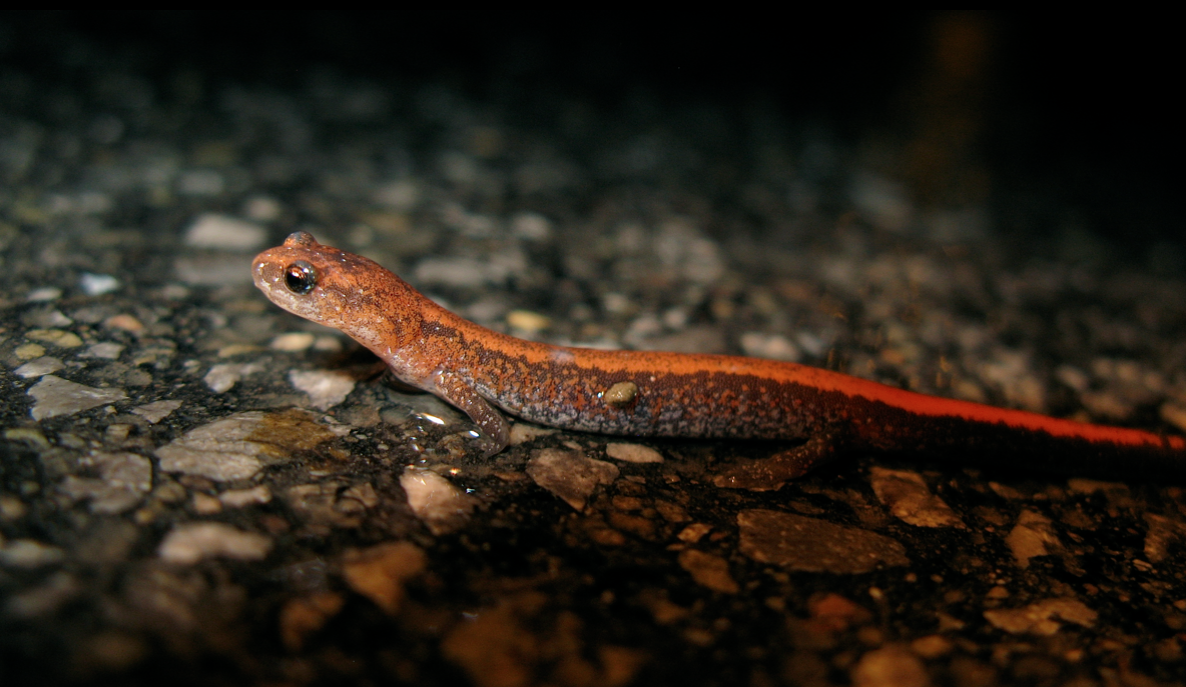WESTWOOD—University of California – Los Angeles researchers are campaigning for a temporary ban on salamander imports to prevent the spread of a deadly pathogen.
The fungal-based pathogen, Batrachochytrium salamandrivorans, or Bsal, only infects salamanders, and kills around 96 percent of affected amphibians within a week.
Bsal was identified in 2013, so scientists are still working to understand how it behaves, how it is transmitted and how far it can spread. It is believed to have originated in Asia, where the native salamander populations remain unaffected.
When the international importation of salamanders brought Bsal to Europe, it devastated the local salamander populations. The Netherlands’ salamanders have been hit the hardest, where more salamanders have died than anywhere else.
Bsal has not yet hit North America, and researchers from UCLA’s Institute of the Environment and Sustainability want to keep it that way.
Doctoral student Tiffany Yap and Department of Environmental Heath and Sciences Professor Richard Ambrose co-authored a recent article in Science, where they demonstrated the potential impact of a Bsal outbreak in North America. Based on their models, if the appropriate steps are not taken, a “rapid epizootic (wildlife epidemic) [decline and extinction] in the world’s richest and most diverse salamander fauna” could ensue.
Five of the six most highly trafficked ports for salamander imports—including Los Angeles—are in or near thriving salamander populations.
To prevent mass salamander extinction, Yap and Ambrose urged the United States Fish and Wildlife Service to institute a temporary federal ban on salamander importation. “This presents a unique opportunity for wildlife management officials and the international amphibian trade community to prevent the spread of this deadly pathogen,” they wrote in Science, “and to develop and implement rapid risk assessments and international responses to [emerging infectious diseases] in wildlife.”






